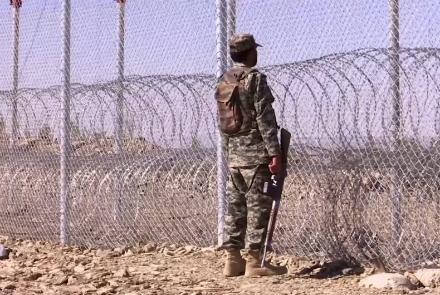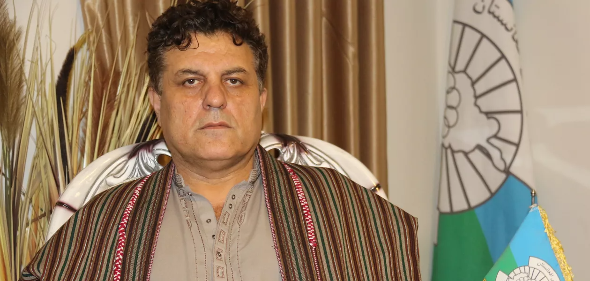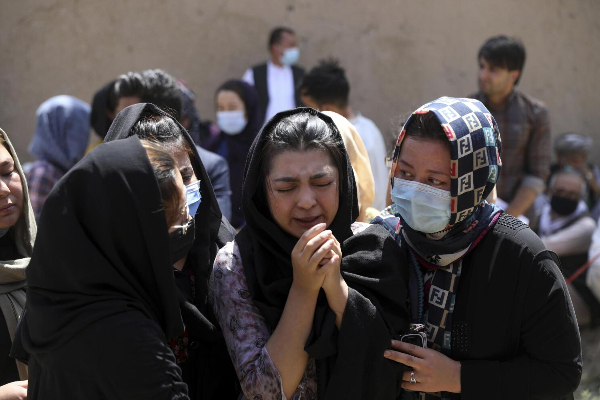Pakistani army officials on Wednesday unveiled the first section of a fence along the de facto border, despite Afghanistanís objections to this move.
A senior Pakistan Army officer on Wednesday unveiled the first phase of a fence that will run along the Durand Line, in a move that Pakistan hopes will prevent "incursions by Islamist militants from Afghanistan", Reuters reported.
The fence, topped with barbed wire, will eventually run to about 2,500km in length, despite Kabulís protests that this would divide families and friends along the de facto border.
Reuters reported that the Pakistan military estimates it will need about $532 million USD for the project, which will include 750 border forts and high-tech surveillance systems.
"(The fence) is a paradigm change. It is an epoch shift in the border control management," said a Pakistani army officer in command of South Waziristan during a presentation to foreign media on Wednesday.
"There will not be an inch of international border (in South Waziristan) which shall not remain under our observation."
"What Iím going to talk to you (about) today is basically a paradigm change: it is an epoch shift in the border control management system of Pakistan and Afghanistan. As you all very well know, ladies and gentlemen, this border has remained traditionally an open border. And it had always been the intention of the government of Pakistan to control it, and this was the time to do it," he said.
He said that by December 2018, most of the "critical" areas will be fenced and border forts will be completed. "There will not be an inch of international border that shall not remain under our observation," he said.
In March, Pakistan announced its intention to fence the border - claiming it had been a decision taken by government "at a high level".
At the time, interior ministry spokesman Najib Danish said Pakistanís military efforts to build the fence is not acceptable and stressed this would not help in fighting terrorism.
According to Danish, Pakistan should target terrorist safe havens instead of fencing the border.
Following the announcement, Gul Ahmad Madadzai, deputy head of Afghanistanís Lawyers Union said "any kind of installation along the border needs both countriesí agreement and without a bilateral agreement, the neighboring country is not allowed to build facilities along the shared border."
LINK: https://www.ansarpress.com/english/9178
TAGS:































 Ghani Removed From UN Heads of State List
Ghani Removed From UN Heads of State List 




